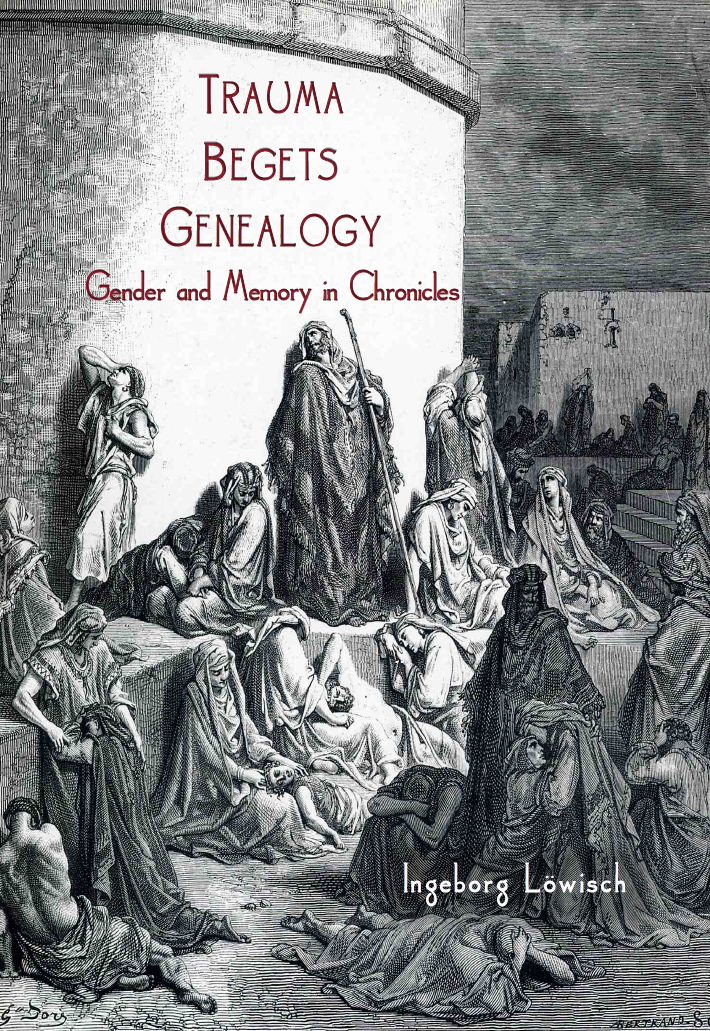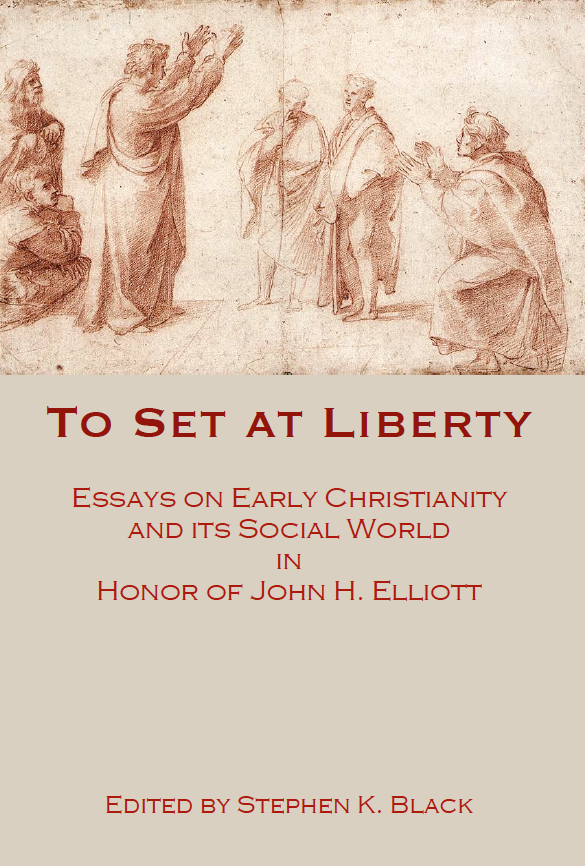Trauma Begets Genealogy: Gender and Memory in Chronicles
Published: Apr 2015
£60.00
Establishing a connection to the past while at the same time releasing us into the present is crucial to recalling a traumatic past. Tapping into the Book of Chronicles' genealogies as a memory space, Trauma Begets Genealogy facilitates the transformation of the act of looking back into a key for the present. Using a gender studies perspective, it combines a nuanced analysis of the gendered references in 1 Chronicles 1 —9 with an interdisciplinary approach that conceptualizes genealogies as memory performances and investigates them in diverse media.
The genealogies of Chronicles are here read by Ingeborg Löwisch alongside the post-Holocaust documentary My Life Part 2, in which Berlin film-maker Angelika Levi performs her 'gynealogy' at the intersection of her family archive and of discourses that belong to public memory. While Löwisch's close reading of the gendered fragments in Chronicles attest to fissures in the patrilinear succession, the parallel perception of the film deepens our understanding of gendered genealogies in response to trauma by contributing a full female lineage.
The resulting reassessment of an obscure set of biblical texts leads into the heart of the genealogical tissue and its fascinating ability to respond to a fractured past. This is the eighth volume of the Amsterdam Studies in the Bible and Religion (ed. Athalya Brenner), a sub-series of the Bible in the Modern World and of Hebrew Bible Monographs.
Trauma Begets Genealogy: Gender and Memory in Chronicles
£60.00
Establishing a connection to the past while at the same time releasing us into the present is crucial to recalling a traumatic past. Tapping into the Book of Chronicles' genealogies as a memory space, Trauma Begets Genealogy facilitates the transformation of the act of looking back into a key for the present. Using a gender studies perspective, it combines a nuanced analysis of the gendered references in 1 Chronicles 1 —9 with an interdisciplinary approach that conceptualizes genealogies as memory performances and investigates them in diverse media.
The genealogies of Chronicles are here read by Ingeborg Löwisch alongside the post-Holocaust documentary My Life Part 2, in which Berlin film-maker Angelika Levi performs her 'gynealogy' at the intersection of her family archive and of discourses that belong to public memory. While Löwisch's close reading of the gendered fragments in Chronicles attest to fissures in the patrilinear succession, the parallel perception of the film deepens our understanding of gendered genealogies in response to trauma by contributing a full female lineage.
The resulting reassessment of an obscure set of biblical texts leads into the heart of the genealogical tissue and its fascinating ability to respond to a fractured past. This is the eighth volume of the Amsterdam Studies in the Bible and Religion (ed. Athalya Brenner), a sub-series of the Bible in the Modern World and of Hebrew Bible Monographs.


